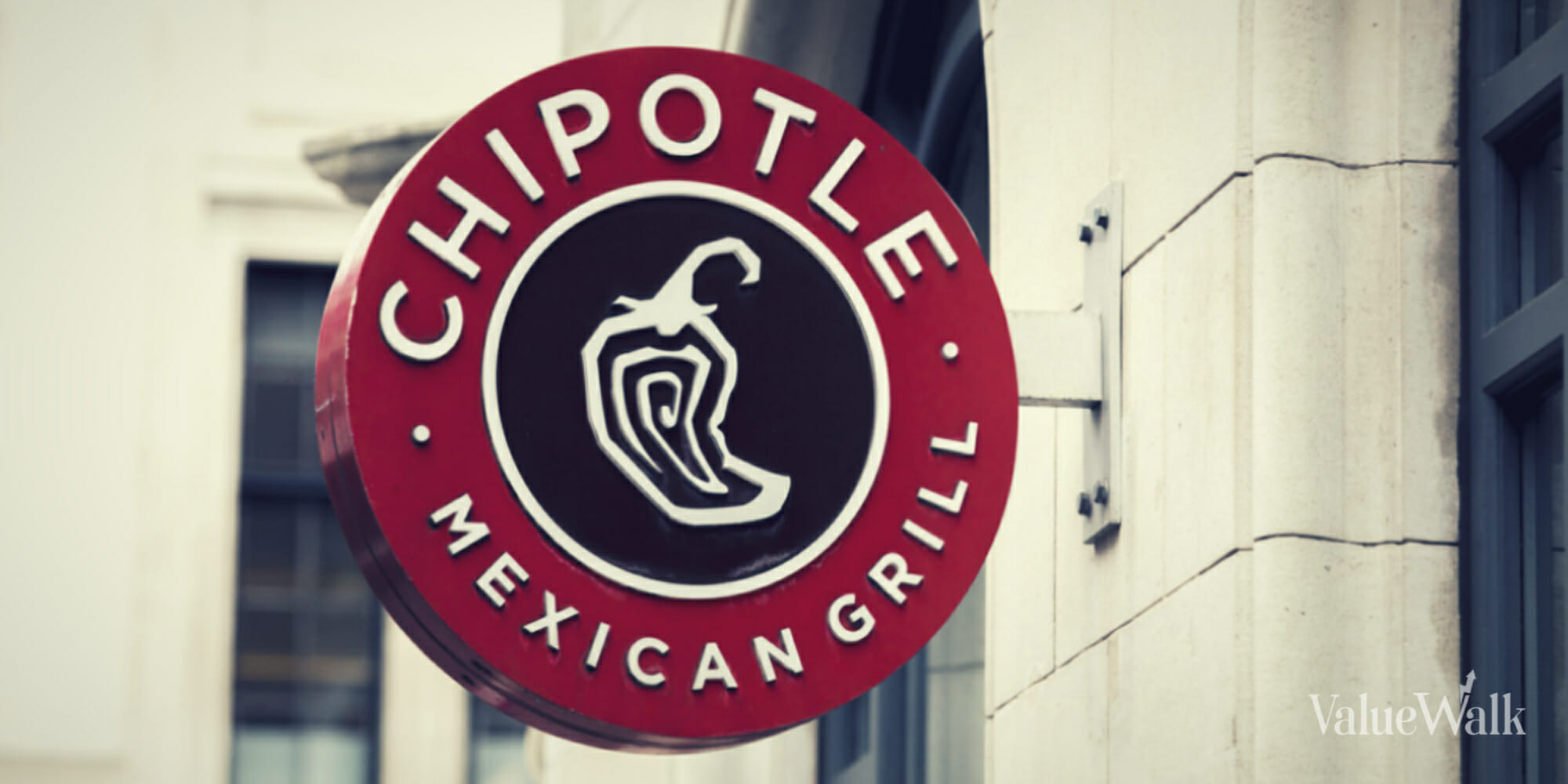Nearly two years ago Halliburton announced its intentions to takeover rival oil-services firm Baker Hughes Inc. in a move that immediately brought up antitrust questions. Today, the DOJ filed a suit in federal court to stop the acquisition.
DOJ not interested in Halliburton’s Baker Hughes bid
The proposed deal announced in 2014, would have united the No. 2 and No. 3 firms in the industry in order to better challenge Schlumberger Ltd. in the oil services industry.
“The proposed deal between Halliburton and Baker Hughes would eliminate vital competition, skew energy markets and harm American consumers,” said Attorney General Loretta Lynch. “Our action makes clear that the Justice Department is committed to vigorously enforcing our antitrust laws.”
The move today also shows the present climate that acquisitions between rivals face by the antitrust division of the Department of Justice under the stewardship of Bill Baer.
In November 2014, Halliburton announced the $35 billion cash-and-stock deal for Baker Hughes in order to better compete with Schlumberger, the deal has had regulatory issues since the announcement.
Following the suit’s filing, U.S. v. Halliburton Co., 16-00233, U.S. District Court for the District of Delaware, the two companies made a joint statement.
Concessions and problems elsewhere
While Halliburton immediately agreed to divest is itself in a number of sectors with revenues totaling nearly $7.5 billion to make the deal go through, the Department of Justice still wasn’t having it.
That offer would have seen Halliburton getting out of the drill bit and drill-services arm of its holdings as well as offering to divest itself of Baker’s core controls business, which provides equipment for controlling the flow of oil as it nears productions.
“This transaction is unprecedented in the breadth and scope of competitive overlaps and antitrust issues it presents,” the antitrust division’s Baer said regarding Halliburton’s offer.
The deal isn’t dead in the water, but will likely include additional divestment as others like American Airlines and US Airways were forced make ahead of their merger when they had their encounter with Baer.
The deal also faces anti-trust issues in Europe.





